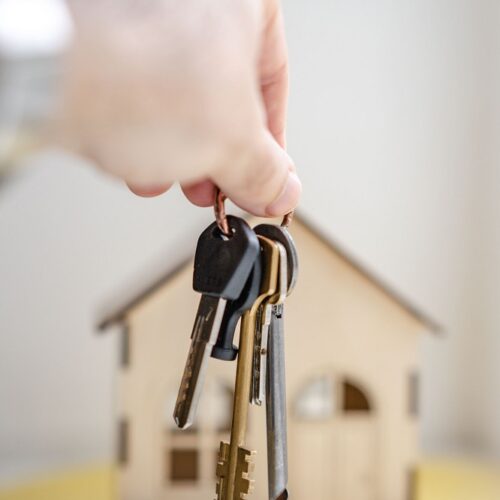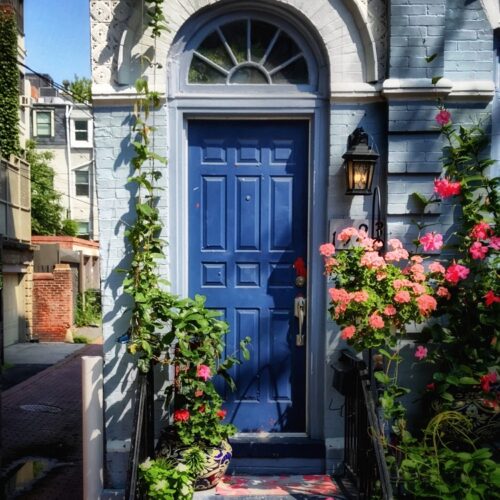
Buying a new home is certainly an exciting chapter. Anyone in the process of moving house or buying their first property will have sat down with the mortgage calculator making sure that their monthly salary covers the mortgage, interest and bills.
However, as we all know, there are a couple of hidden costs that can creep up on you and impact your ability to make those mortgage payments if you haven’t done all the research. We take a look at some hidden costs you may have missed and what to do if you’re struggling to keep on top of them.
Protecting Your Property
If you do find yourself at the behest of hidden or rising costs, they may prohibit you from meeting your monthly mortgage payments. You won’t lose your home after missing a single payment but it’s best to reach out to your lender even before they contact you in order to try and come to an agreement or payment plan.
If you still cannot meet the terms of your lender, financial advisors may suggest you try and sell your home quickly. If you decide to sell after weighing the risks and benefits, you have the option of contacting a home-buying company that can provide you with a free cash offer on your home. Some will be able to get the cash to you in as little as seven days, and therefore stop house repossession from taking place.
Leasehold Legislation
If you’ve purchased a leasehold property, you have ownership of your home for a set period specified in the lease agreement, however, you do not own the land on which your property stands. As a leaseholder, you’ll often have to pay ground rent and maintenance fees. Most houses in the UK are freehold and it’s flats and apartments that are generally leasehold.
However, it’s important not to make the assumption that your property is freehold even if you’re buying a house. The UK still has a significant number of houses that are leasehold. This is often because the land is retained by developers or local authorities. Understanding the lease on your property is vital as costs are ongoing and can increase steadily over time.
Rising Service Charges
Most leaseholders will need to pay a service charge. Again, this is often more common with flats and apartments. This is because the fee pays for communal areas within the building, the grounds and general maintenance of the block. However, house owners and those with a freehold property may also need to pay a service charge, particularly if you’re buying a newly built property as developers will often charge for the upkeep of shared outdoor spaces, pathways and parking areas.
Legislation has been put in place to protect homeowners, but disputes over such charges are still commonplace. As such, prospective buyers looking into a property which has a service charge tend to consider opting for those that offer fixed service charge periods or capped increases.
Conclusion
These hidden costs can easily creep up on even the most diligent of homeowners. Remember, support and advice are always on hand. The key to minimising financial damage is to act straight away and turn to the professionals who will be on hand to help you find a solution.
© Copyright 2024 Antonia, All rights Reserved. Written For: Tidylife


Leave a Reply